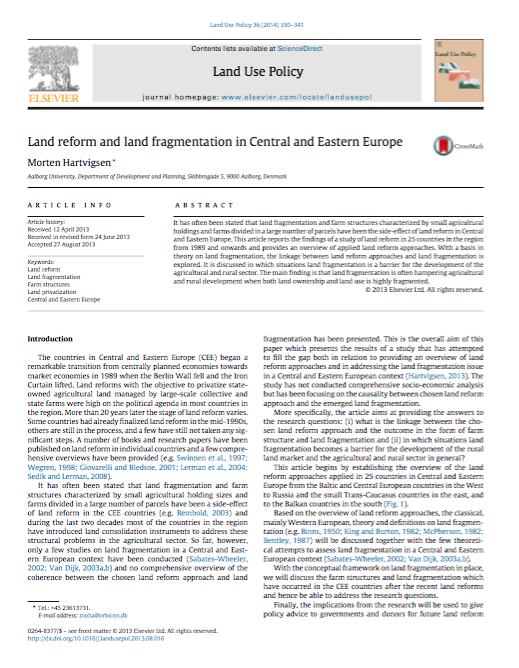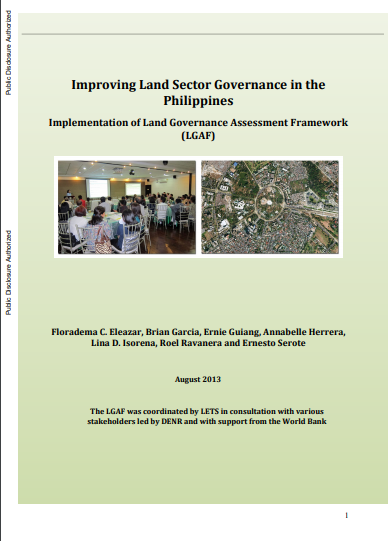Philippines - Development Policy Review : An Opportunity for Renewed Poverty Reduction
The Philippines regained a modest growth
rate of 3.5 percent per annum for 1999-2001, but has not yet
managed to reduce the incidence of poverty from its 1996
level. The Medium Term Philippine Development (MTPDP) growth
targets of over 5 percent per year are attainable, but only
if the key building blocks for sustained growth - an
environment conducive to increased investment and
productivity within both private and public sectors - are





